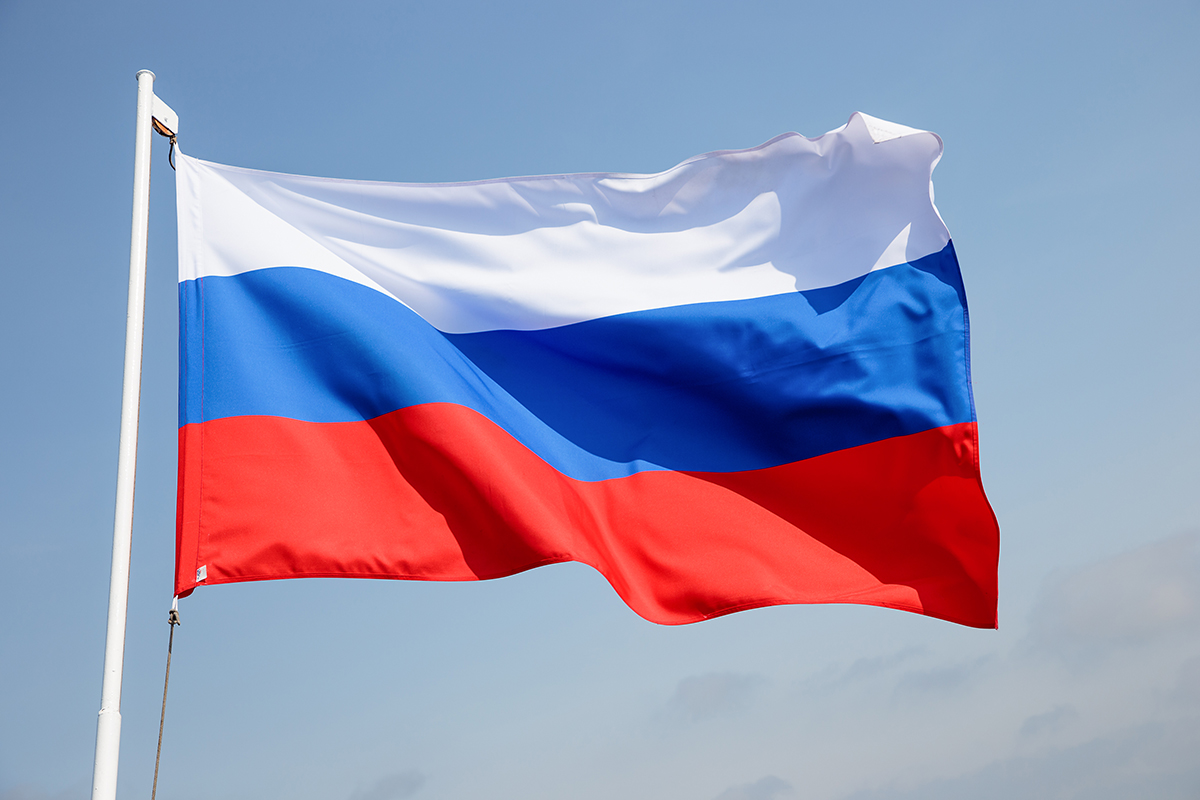In a move that marks a significant shift in the security landscape of Europe, Russia has formally ceased its participation in the Treaty on Conventional Armed Forces in Europe (CFE), a cornerstone agreement set during the post-Cold War era to limit military capabilities and foster trust between NATO and the then-Warsaw Pact nations. The Russian Foreign Ministry has declared the treaty “history,” citing the expansion of NATO and the inclusion of new members like Finland as fundamental breaches undermining the treaty’s purpose and Russia’s security.
The CFE, established in 1990, was hailed as a milestone in curbing the potential for large-scale military offensives in Europe by setting verifiable caps on equipment such as tanks, artillery, and armoured combat vehicles. Its unravelling began with Russia’s suspension in 2007, followed by a halt in active participation in 2015, and now a complete withdrawal. As articulated by President Vladimir Putin, Russia’s stance is that the treaty no longer aligns with the country’s security interests, especially in light of the ongoing conflict in Ukraine, which has plunged Russian-Western relations to a nadir unseen since the Cold War.
Kremlin spokesperson Dmitry Peskov expressed over the weekend that ties with the United States were “below zero,” reflecting the profound tensions that have come to define the current geopolitical climate. Meanwhile, NATO has criticized Russia’s withdrawal as a detrimental step away from cooperative security, pointing out Russia’s long-standing non-compliance with the treaty’s terms. The United States has echoed this sentiment, emphasizing the treaty’s role in fostering transparency and collaboration, which Russia’s actions have now jeopardized.
Russia’s formal departure from the CFE Treaty signifies the end of an era and the beginning of a more unpredictable phase in European security dynamics. While the treaty aimed to build a security architecture based on cooperation, its dissolution is apparent that old fears and the spectre of military buildup are returning to a continent that once dreamed of a peaceful post-Cold War order.







